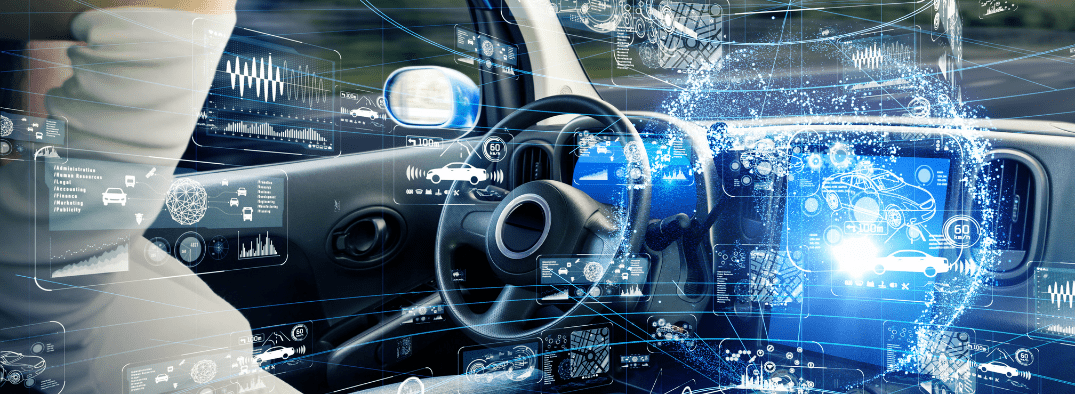
Introduction: The automotive industry is undergoing a transformative shift with the advent of autonomous vehicles. While self-driving cars promise enhanced safety and convenience, they also raise intriguing questions about insurance coverage and liability. This blog aims to delve into the realm of autonomous vehicles and their impact on the insurance landscape, specifically in Cumming, GA. As this technology continues to evolve, understanding the implications for insurance in our local community becomes increasingly important.
- The Rise of Autonomous Vehicles: Autonomous vehicles, or self-driving cars, have gained considerable attention in recent years. These vehicles utilize advanced sensors, artificial intelligence, and computer systems to navigate roads and make driving decisions. Major automotive companies and tech giants are investing heavily in this technology, aiming to make autonomous vehicles a common sight on our roads in the near future.
- Safety Benefits: One of the key advantages of autonomous vehicles is their potential to enhance road safety. These vehicles have the potential to reduce human error, which is a leading cause of accidents. By leveraging advanced sensors and sophisticated algorithms, autonomous vehicles can react faster and make more precise driving decisions, potentially leading to a significant decrease in accidents and fatalities.
- Shifting Liability and Insurance: As the responsibility for driving shifts from humans to the technology itself, the insurance landscape undergoes a fundamental change. Traditional auto insurance policies typically place liability on human drivers, considering factors such as driving history, age, and location. However, in the era of autonomous vehicles, liability may shift towards vehicle manufacturers, software developers, and technology providers. This change raises important questions about insurance coverage and how premiums will be calculated.
- Autonomous Vehicle Insurance Policies: Insurers are actively working to adapt their policies to the emerging needs of autonomous vehicles. They are collaborating with industry experts and regulators to develop appropriate insurance models for this new era of transportation. Autonomous vehicle insurance policies may cover areas such as cybersecurity, product liability, and software malfunction, which were not significant concerns in traditional auto insurance.
- Data and Telematics: Autonomous vehicles generate vast amounts of data through their sensors and communication systems. This data can provide valuable insights for insurers to assess risk and determine premiums. Telematics, which involves the collection of real-time driving data, can help insurers develop usage-based insurance policies that reflect individual driving behavior. By leveraging this data, insurers can offer personalized coverage that aligns with a driver’s specific risk profile.
- Regulatory Challenges and Collaboration: The widespread adoption of autonomous vehicles requires comprehensive regulations to ensure safety, accountability, and fair insurance practices. Local and state authorities are actively working to address these challenges. Collaboration between regulators, insurers, and industry stakeholders is crucial to develop a robust framework that protects consumers while encouraging the development and deployment of autonomous vehicles.
- The Transition Period: As autonomous vehicles gradually enter our roads alongside traditional vehicles, a transition period will occur. During this phase, it is essential to determine how insurance coverage will be structured and how autonomous vehicles will interact with human-driven vehicles. This period may require specific policies and guidelines to address mixed-use scenarios when/if autonomous vehicles become the dominant mode of transportation.
Conclusion: Autonomous vehicles have the potential to revolutionize transportation in Cumming, GA, and beyond. While the technology offers numerous benefits, it also poses challenges for the insurance industry. Adapting insurance policies to accommodate autonomous vehicles requires collaboration, data-driven approaches, and forward-thinking regulation. As the journey towards autonomous vehicles continues, Bradford Turner Insurance Group, will play a vital role in shaping the future of insurance for this transformative technology.
Disclaimer: This blog is intended for informational purposes only and should not be considered as legal or insurance advice.

